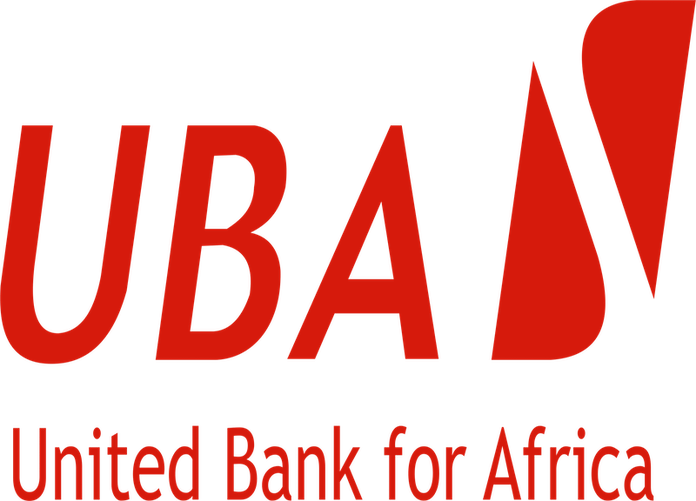- UBA Introduces Chat Banking on Social Media Platforms
The United Bank for Africa (UBA) Plc has taken steps to change the face of e-banking with the introduction of Leo, a chat banking personality that enables its customers make use of their social media accounts to carry out key banking transactions.
At the official launch of the banking solution, which took place in Lagos thursday, customers of the bank were given a step by step demonstration on how to make use of Facebook chat function to enjoy banking services through chat sessions, thus representing a way of delivering lifestyle banking.
With the launch of the chat banking, which has already taken-off in the Facebook Messenger, the bank explained that it customers would be able to open new accounts, receive instant transaction notifications, check their balances on the go, transfers and airtime top up.
Also, users would be able to perform other transactions using the chat banking; including payments of bills, data top-up, mini-statements, loan applications; cheque confirmation, account freezing, among others.
The Group Managing Director, UBA, Mr. Kennedy Uzoka, who spoke at the event, said as part of initiatives aimed at putting the customer first, the bank was continuously developing strategies aimed at easing transactions for the bank’s numerous users, while ensuring utmost safety of their transactions.
He said: “The formulation of this product, is consistent with the bank’s customer first philosophy, where we are doing things not the way we like, but exactly what the customers want, where they want it, and in the exact platform they want.
“And so, we have been working with technology giants from around the world because for UBA with so many customers, we have to deal with those who have the global capacity.
“Therefore, we at UBA, have collaborated with facebook to come up with this. In future, Leo will show up with other platforms. All you need to do is to have an account with facebook.”
While Uzoka argued that this was the first time this kind of solution would be coming up in the continent, he expressed believe that with the huge number of customers the bank has as well as its growing customer base in all the 19 countries of operation, customers would be served using technology, and not just traditional technology, but modern and forward looking technology.
“Leo being an intelligent personality will give you feedback instantaneously as you transact your business on the platform. A solution that is from the customer’s standpoint which is easy to use by anyone regardless of your career,” he said.
On his part, the bank’s Group Head, Online Banking, Mr. Austine Abolusoro, who took participants on a step by step procedure of the process for working with Leo, explained that Leo is be a chat machine, but is an artificial intelligence service as well a personality meant to address any type of banking concern.
“Leo is ready and waiting to help with most transactions and to deliver any form of banking services. Leo is operating a lifestyle banking platform on facebook messenger to assist with your transactions while chatting with your friends and business partners. The security with this platform is that for every transaction, an OTP (One Time Password) is generated to the phone number that is registered on the account.”
He explained that the UBA chat banking with Leo was not just the typical products that we see, it comes with the product that anybody will understand to ease transactions and help to keep up the lifestyle of individuals, adding that it is designed from the customer’s standpoint.


 Naira4 weeks ago
Naira4 weeks ago
 Naira4 weeks ago
Naira4 weeks ago
 Travel4 weeks ago
Travel4 weeks ago
 Naira3 weeks ago
Naira3 weeks ago
 Jobs4 weeks ago
Jobs4 weeks ago
 Naira4 weeks ago
Naira4 weeks ago
 Investment4 weeks ago
Investment4 weeks ago
 Travel4 weeks ago
Travel4 weeks ago

























